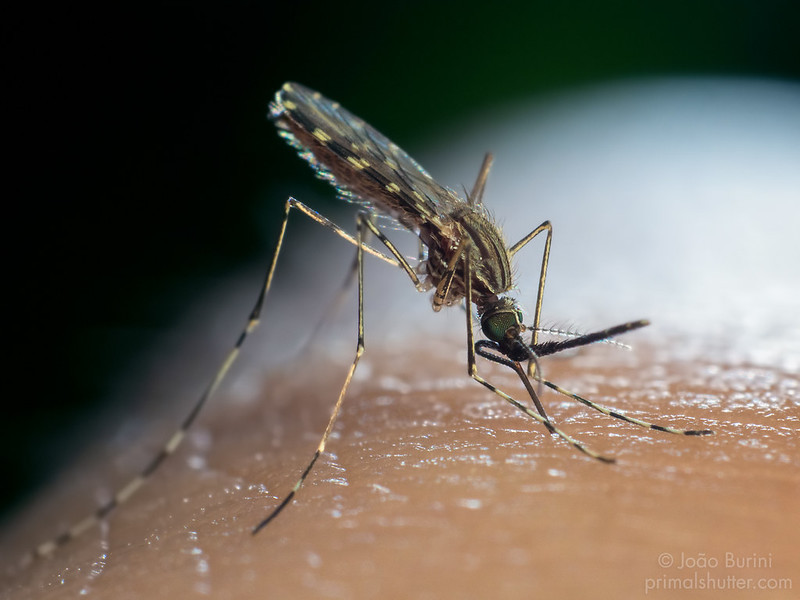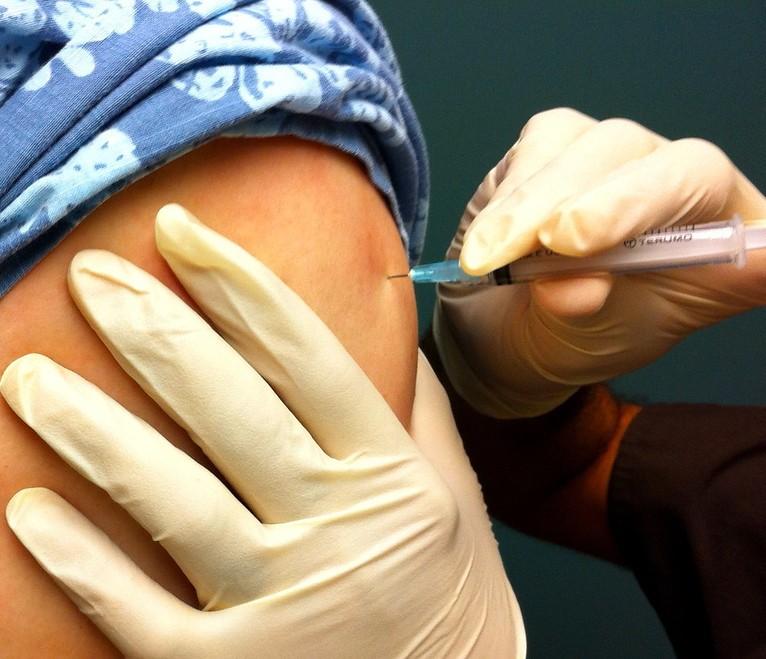The New Jersey Department of Health (NJDOH) today announced that it and the state's Department of Environmental Protection are investigating a local malaria case in a resident of Morris County who has no international travel history.

If confirmed, the case would mark New Jersey's first locally acquired malaria case since 1991, the NJDOH said. It added that although Anopheles mosquitoes that can transmit the disease live in New Jersey, the overall risk of locally acquired malaria remains low.
Officials said they are working closely with the US Centers for Disease Control and Prevention (CDC) to probe potential sources of the infection. "It is possible the resident was infected with malaria in New Jersey." Morris County is in northern New Jersey, about 30 miles northwest of New York City.
It is possible the resident was infected with malaria in New Jersey.
They urged the public to take steps such as avoiding mosquito bites, ensuring that people infected internationally are quickly diagnosed and treated, and eliminating standing water around properties. New Jersey typically records about 100 travel-related malaria cases each year.
Similar case in Washington state
Earlier this month, Washington health officials announced a similar case involving a resident of East Pierce County, located in the Tacoma area. The woman, diagnosed on August 2, had not traveled. The Tacoma-Pierce County Health Department said if confirmed, it would be Washington's first known locally acquired malaria case.
Health officials said they are working with the CDC to confirm the case. They added that the most likely cause is a mosquito biting an infected traveler, then passing the infection to another person.
James Miller, MD, the county's health officer, said the risk of infection in Pierce County is very low. "Malaria is a rare disease overall in the United States—and the vast majority of cases in the United States occur following exposures in countries with ongoing transmission."












